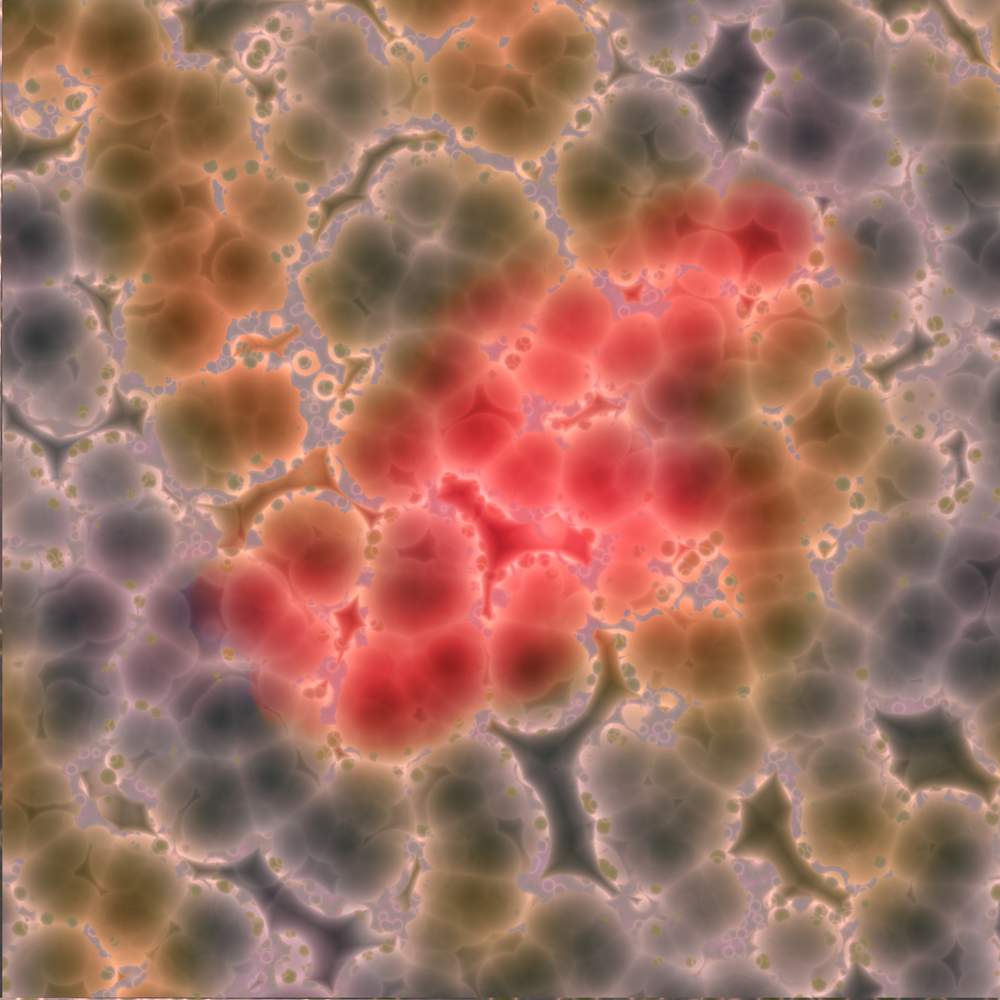Stem Cell Line Shows Promise in Mouse Model of Duchenne MD

A line of pluripotent stem cells named PLX-PAD (placental expanded) produced promising results in a mouse model of Duchenne muscular dystrophy.
“PLX-PAD cells could possibly be a breakthrough therapy to help treat symptoms of Duchenne muscular dystrophy,” said Hila Kupsky, chief executive officer of Association Duchenne Israel (ADI).
The study was conducted by ADI in collaboration with Science in Action and using PLX-PAD cells donated by Pluristem Therapeutics.
Researchers injected PLX-PAD cells into the muscle of a mouse model of Duchenne muscular dystrophy. They then took blood samples five days after the injections that were performed on day 15 and day 29 of the study. When they measured the levels of creatine kinase (CK), an indictor of muscle damage, the researchers saw that in mice injected with PLX-PAD cells, the levels of CK were reduced by 50 percent compared to placebo.
The researchers then analyzed the health of skeletal and diaphragm muscles of the animals. They saw that the injection of PLX-PAD cells reduced inflammation and necrosis and induced the regeneration of muscle tissue.
Pluristem Therapeutics had recently announced positive results from a Phase 2 clinical trial where PLX-PAD cells were shown to be efficient in muscle regeneration when used to treat muscle injuries.
Following the announcement of the positive results, ADI approached the company to use the PLX-PAD cells in pre-clinical studies as a therapeutic strategy for Duchenne muscular dystrophy.
“We admire the commitment of the Association Duchenne Israel to find a cure for Duchenne muscular dystrophy, and we will work closely with them in an effort to develop a treatment for the children around the world who suffer from this disease,” Zami Aberman, chairman and chief executive officer of Pluristem, said in a press release.
“We are thankful for Pluristem’s donation of PLX-PAD and are eager to continue studying the cells since new therapeutic approaches are needed to manage this disease, save children’s lives, and give them hope and a chance for the future,” Kupsky said.






